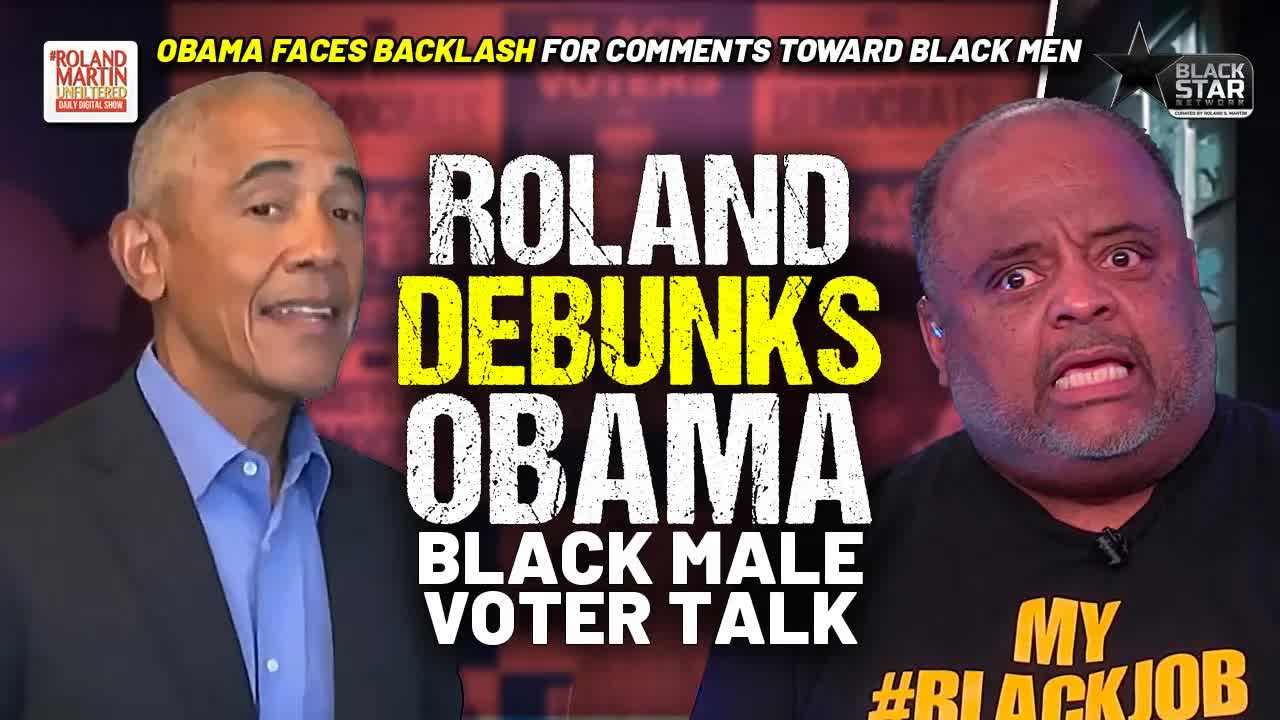Concerns are mounting for the Harris-Walz campaign as new polling data reveals a significant gap in support among male voters.
A recent New York Times poll indicates that if the election were held today, 51% of likely male voters would choose Donald Trump, while only 40% would cast their ballots for Kamala Harris.
This disparity has prompted the campaign to rethink its strategies to engage male voters, particularly in key Midwestern states.
In response to these findings, Governor Tim Walz made his way to Michigan for an event focused on black men, hoping to galvanize support.
His day didn’t end there; he also attended a high school football game in Mankato, Minnesota—his former coaching ground.
Tomorrow, Walz plans to join a group of outdoor content creators for an early morning hunting trip in Sleepy Eye, Minnesota, further emphasizing his commitment to connecting with male constituents.
Recognizing the urgency of the situation, the Harris campaign has enlisted the help of several influential figures to rally male voters.
Basketball legend Magic Johnson took the stage at a rally in Michigan last week, urging black men to participate in the upcoming election.
He emphasized the importance of voting and reminded attendees of the promises made by Trump during his previous campaign, which largely went unfulfilled.
Former President Barack Obama also weighed in on the matter, speaking at a Harris campaign office in Pittsburgh.
He noted that the energy and turnout seen in past elections have not been replicated in certain communities, particularly regarding black male voters.
Obama suggested that some may be hesitant about supporting a female candidate for president, hinting at underlying issues that need addressing.
Historically, black men have been a crucial voting bloc for Democratic candidates, second only to black women in reliability.
However, some critics argue that Obama’s comments may have missed the mark, suggesting that the focus should also include outreach to white voters, given their substantial support for Trump in 2020.
In a polarized political landscape, every vote counts, and engaging all demographics is essential.
To gain insight into the situation, we turned to Roland Martin, a seasoned organizer and host of the Roland Martin Unfiltered Digital Show.
Martin has long advocated for the importance of voting, particularly among those who feel disenfranchised.
He believes that black men’s concerns should be taken seriously and addressed directly by the candidates.
Martin expressed skepticism about the narrative surrounding black male voters.
He recalled the 2018 gubernatorial race in Georgia, where post-election data contradicted the claims of black male disengagement.
Historically, black men have consistently supported Democratic candidates, with 95% voting for Obama in 2008 and 87% in 2012.
Yet, Martin noted a decline in support due to perceived shortcomings in fulfilling promises.
The crux of the issue, according to Martin, lies in how the Harris campaign communicates with black male voters.
He stressed that it’s not enough to address issues like criminal justice reform, as many black men have never encountered the law.
Instead, the campaign must listen to their concerns and tailor messages accordingly, recognizing the diversity within the demographic.
Moreover, Martin highlighted the importance of utilizing effective messengers who resonate with younger voters.
The political landscape has evolved, and strategies must adapt to meet the changing needs and expectations of black men today.
He urged the campaign to showcase its accomplishments in areas like small business growth and poverty reduction, as many voters remain unaware of these efforts.
Despite the challenges ahead, Martin remains optimistic about the potential for change.
He pointed out that when voters understand what has been achieved, their support can shift dramatically.
The key lies in effective communication and ensuring that the voices of black men are heard and valued in the political discourse.
As the Harris-Walz campaign navigates this complex landscape, it will be crucial to engage with all voter groups authentically and proactively.
With the election drawing near, the urgency to connect with male voters has never been greater.































